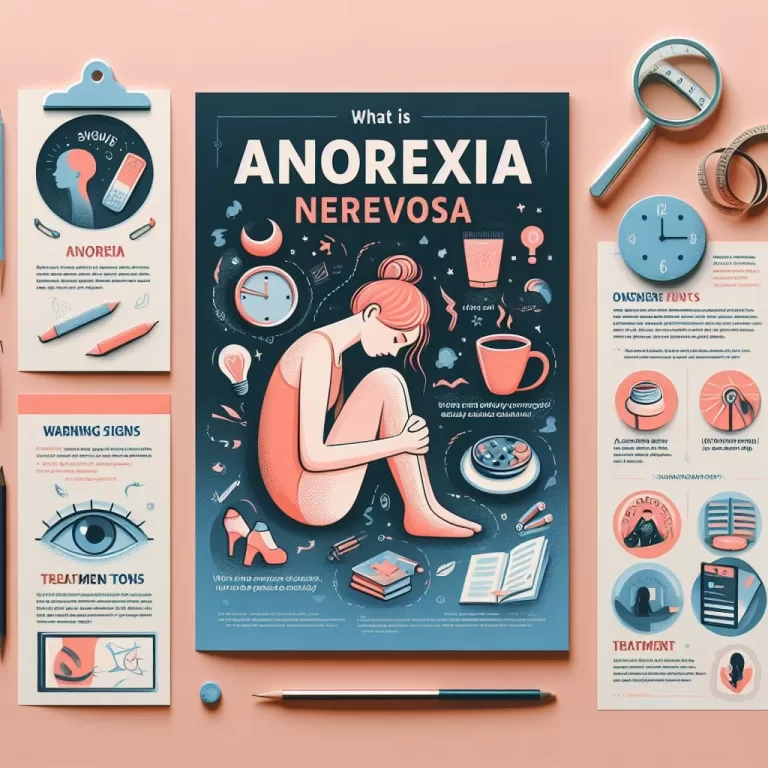Eating disorder
**Eating Disorder**
Understanding eating disorders is crucial for promoting health and well-being. They encompass a wide range of psychological and behavioral disturbances that impact a person’s relationship with food and body image.
**Key Points:**
* **Definition:** Eating disorders are characterized by persistent disturbances in eating behavior, body weight regulation, and body image.
* **Types:** Anorexia nervosa, bulimia nervosa, binge-eating disorder, and other specified feeding or eating disorders (OSFEDs) are common types.
* **Causes:** Etiology is multifaceted, involving biological, psychological, and environmental factors.
* **Symptoms:** Vary by disorder, but may include extreme weight loss, binge eating, purging behaviors, and body dysmorphic disorder.
* **Consequences:** Eating disorders can lead to severe physical and mental health problems, including dehydration, electrolyte imbalances, anemia, depression, and anxiety.
**Treatment:**
Recovery is possible with early diagnosis and appropriate treatment. Therapies include:
* Cognitive-behavioral therapy (CBT)
* Family-based therapy (FBT)
* Nutrition counseling
* Medication
**Prevention and Support:**
Promoting body acceptance, fostering healthy eating habits, and providing support for individuals struggling with these issues are essential.
**Call to Action:**
If you or someone you know is experiencing symptoms of an eating disorder, seek professional help immediately. Early intervention and support can significantly improve outcomes. Remember, recovery is possible with the right treatment and support.
Anorexia Nervosa Restricting Type: A Comprehensive Guide

All forms of anorexia nervosa feature behaviors of calorie restriction. When you primarily manage your weight through dieting, fasting, and excessive exercise, you may be living with restrictive-type anorexia nervosa. Eating disorders involve long-term eating patterns that affect your physical,…
